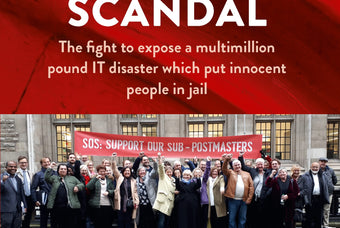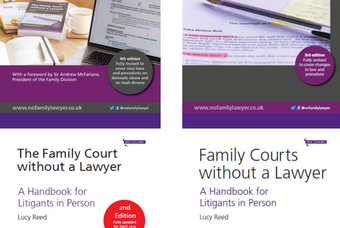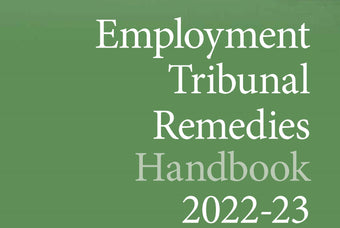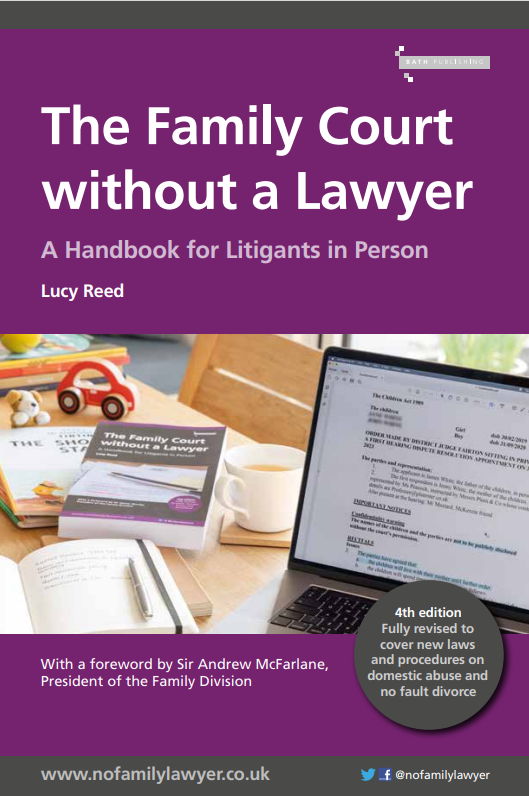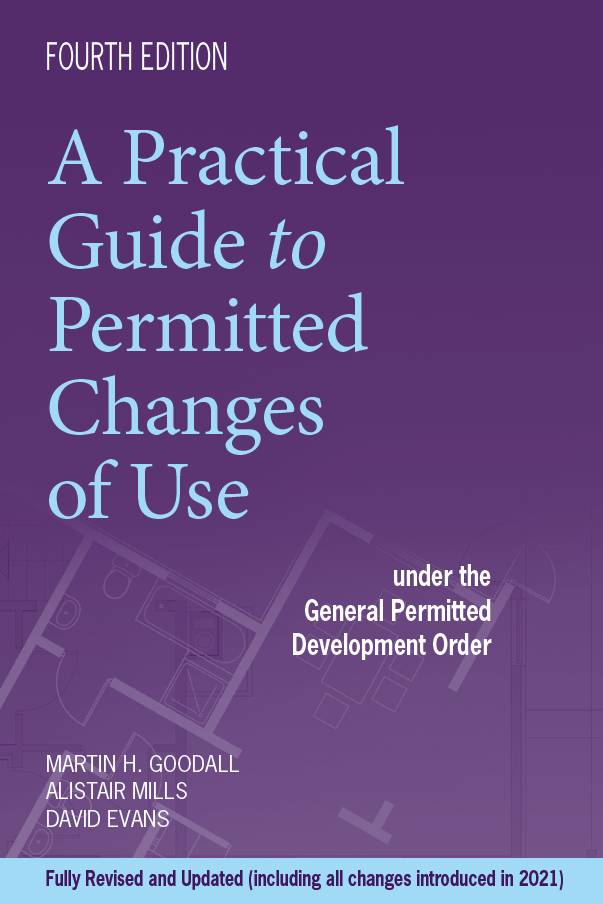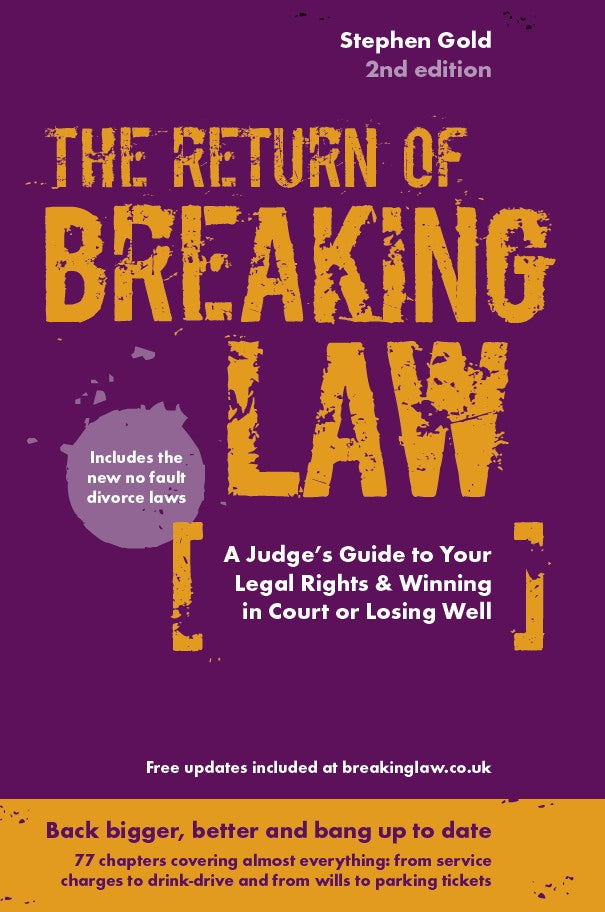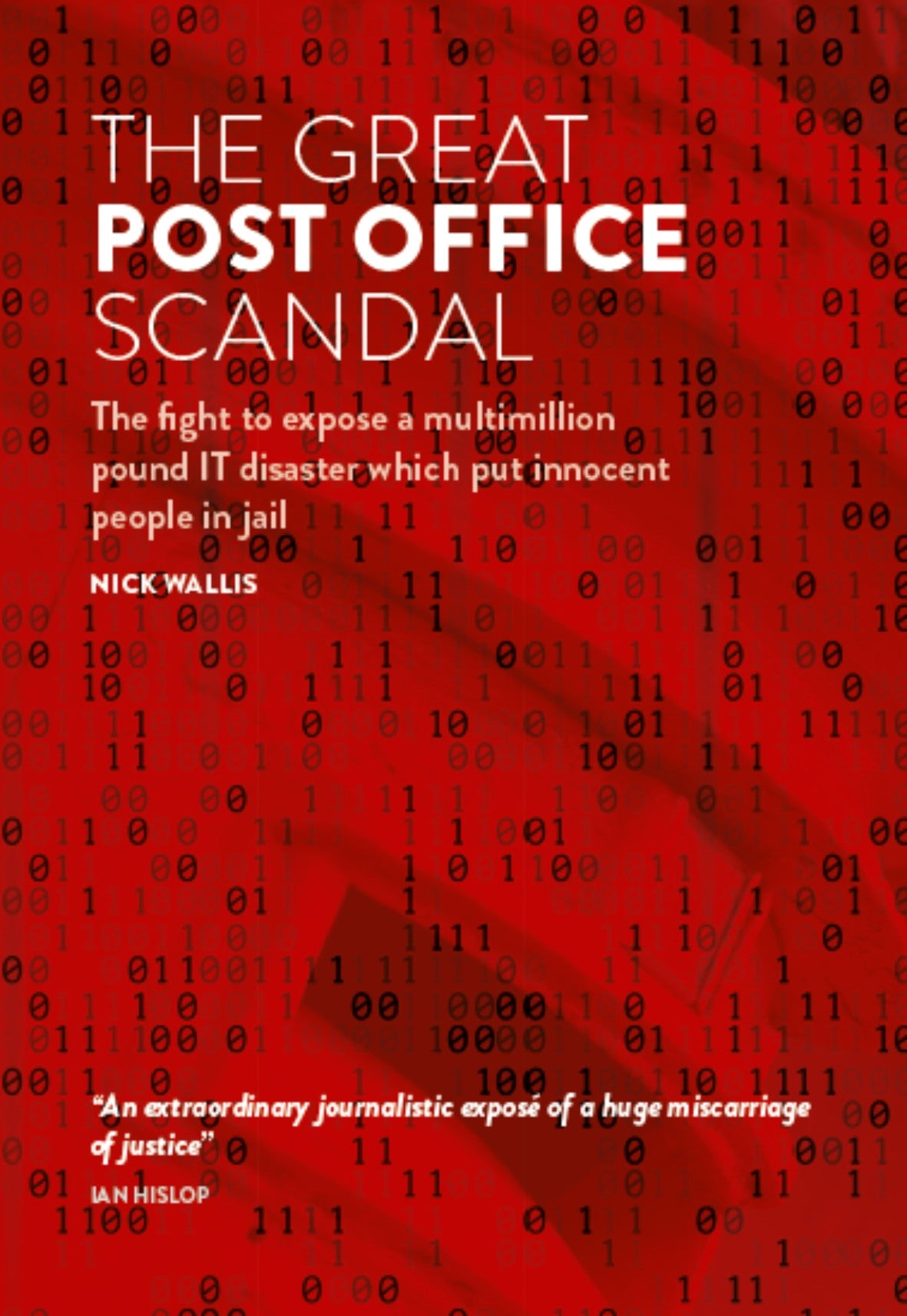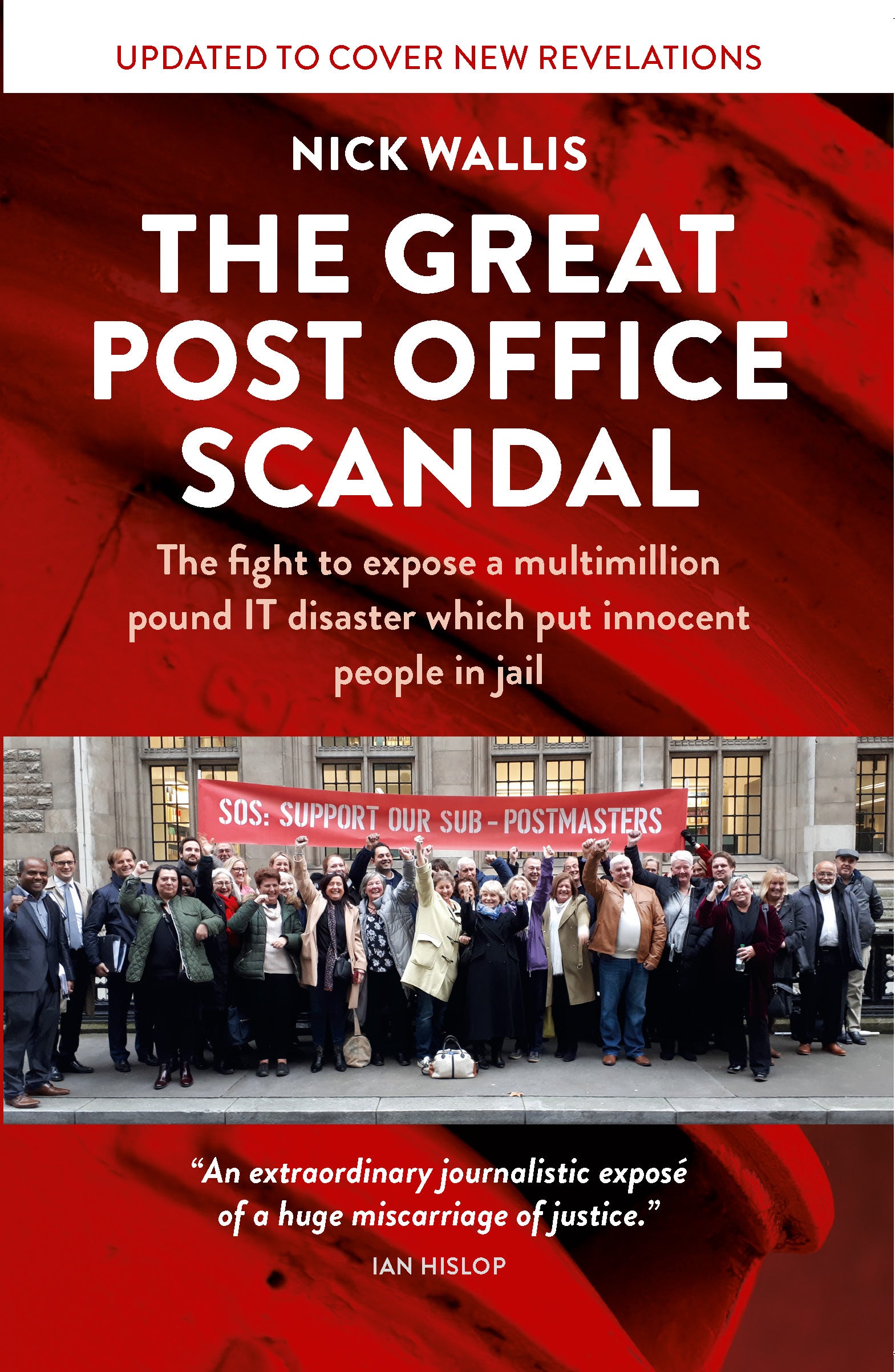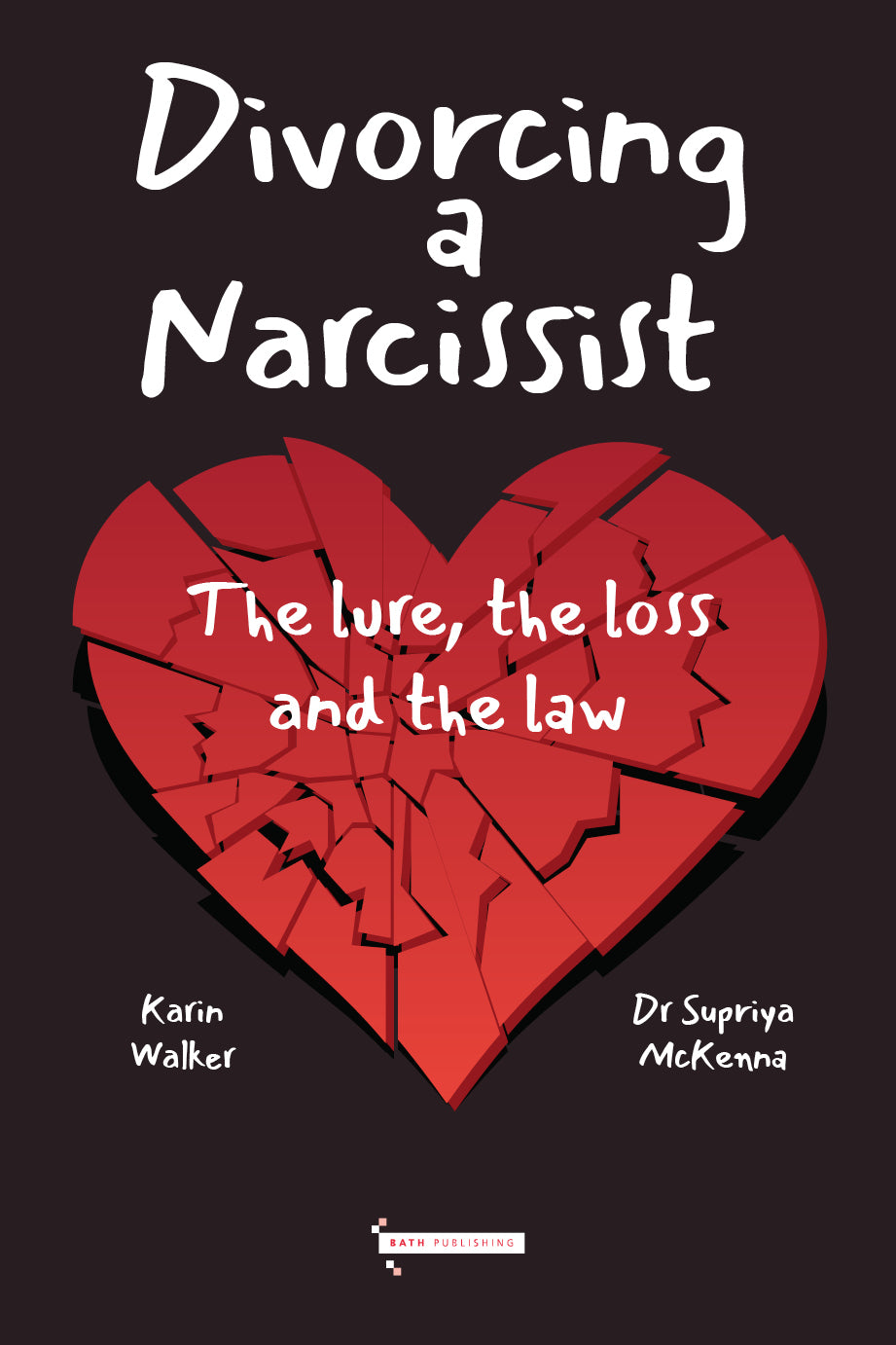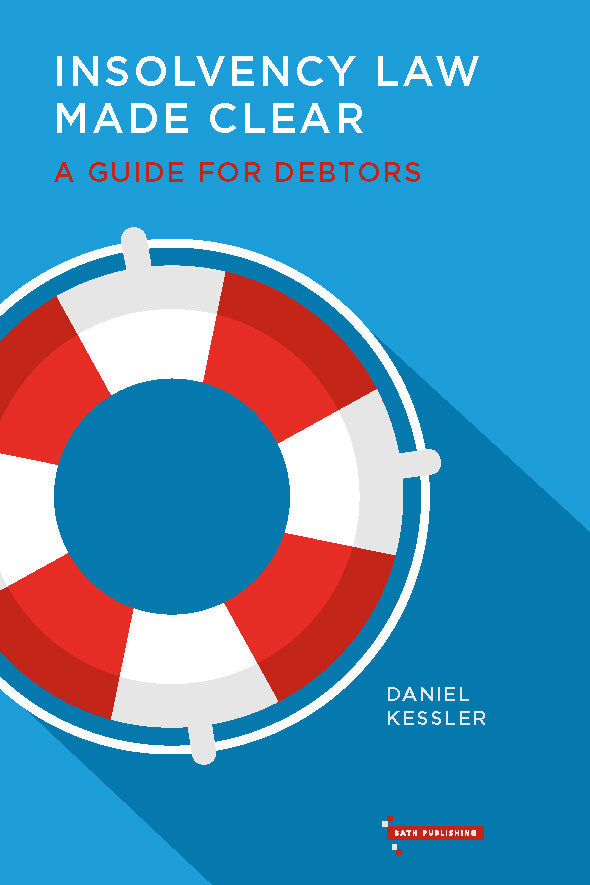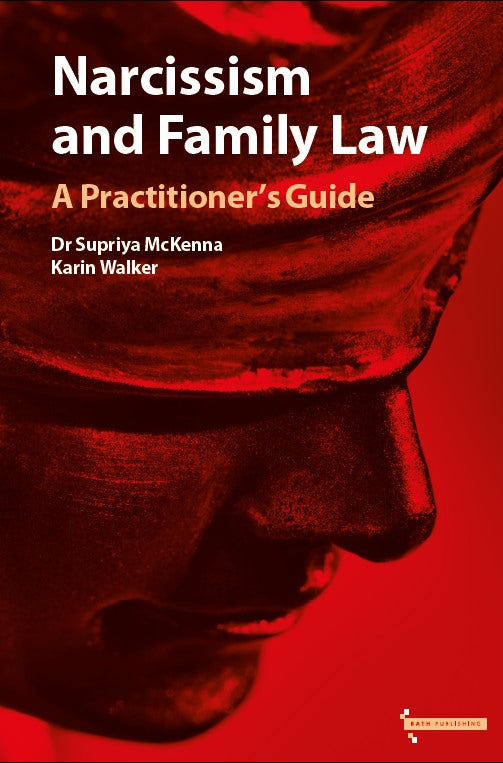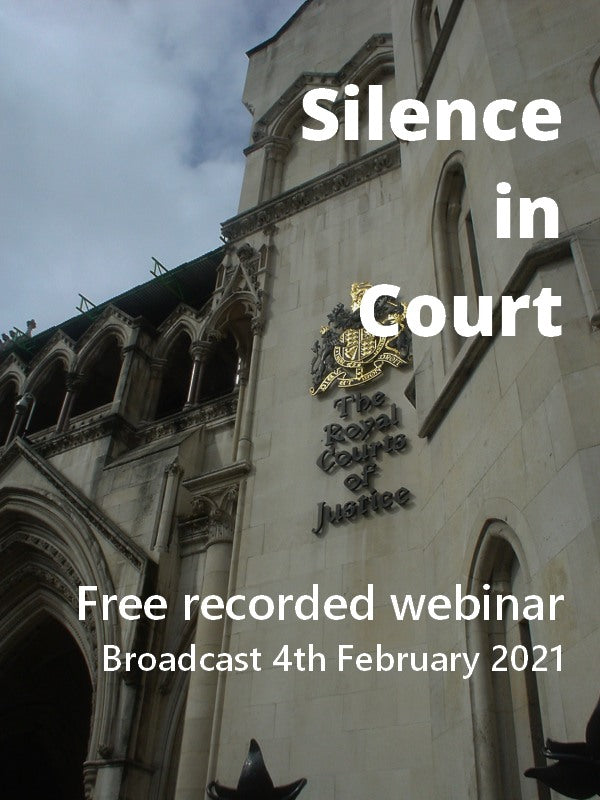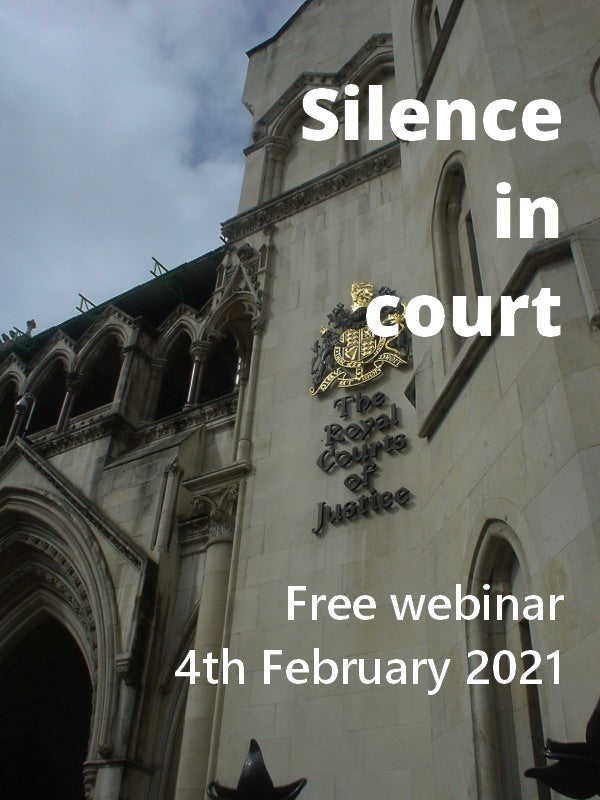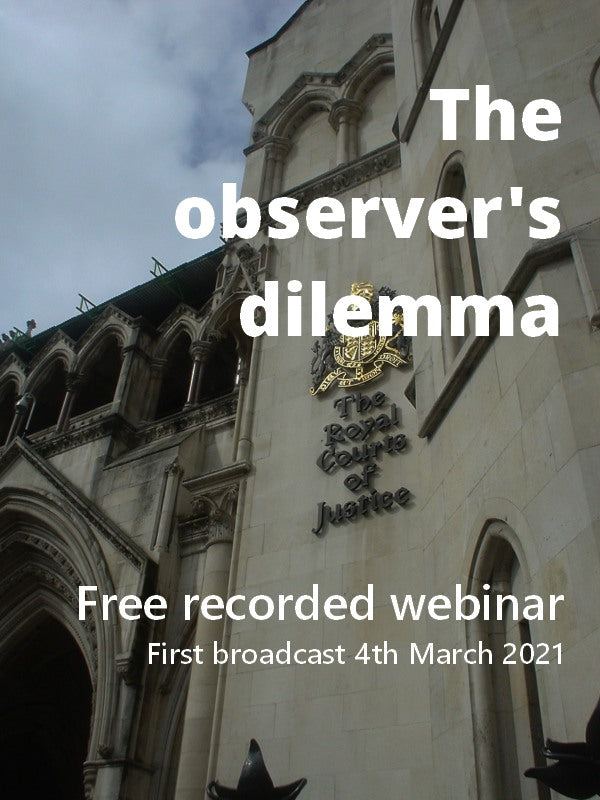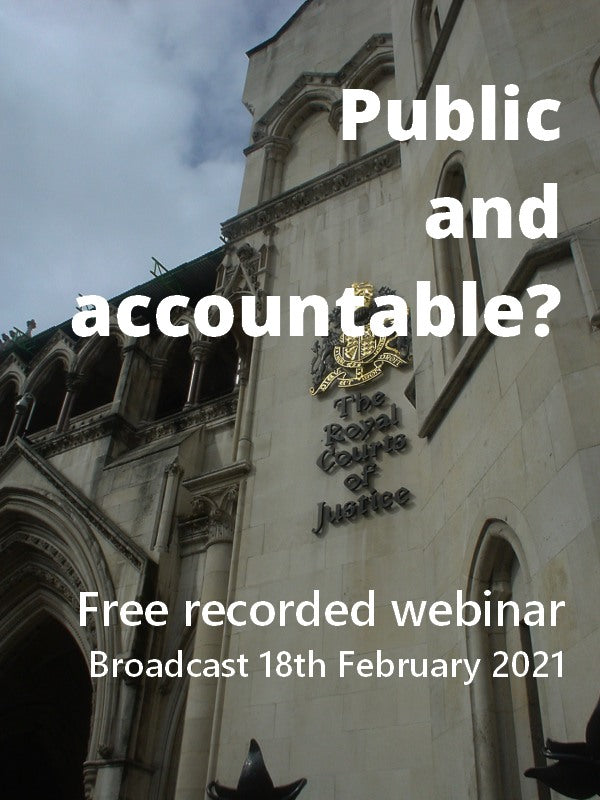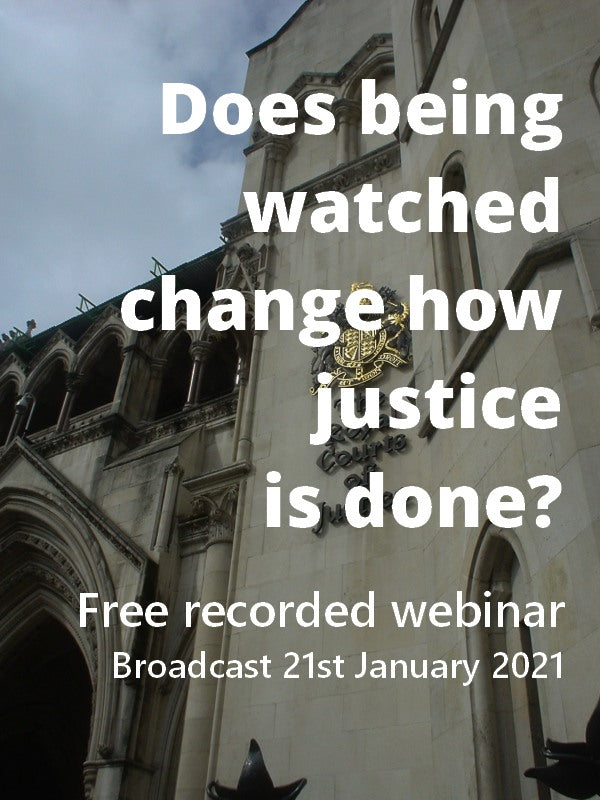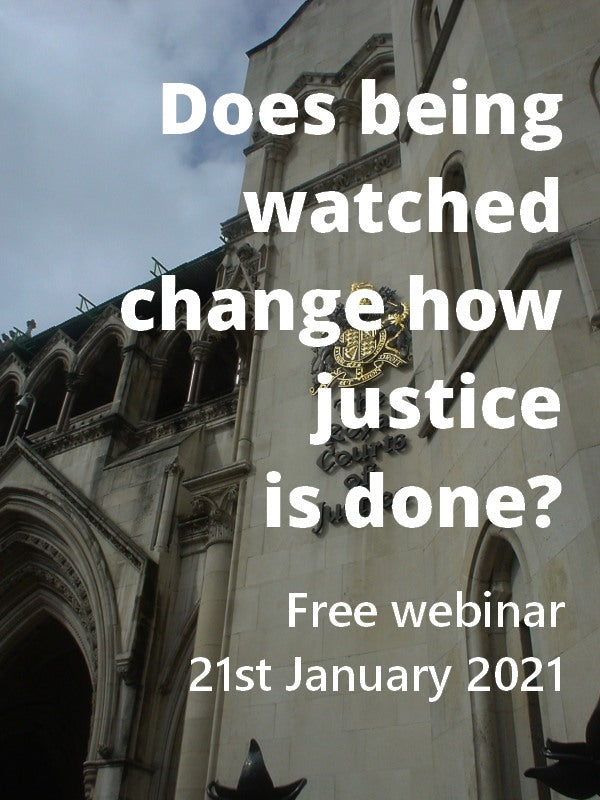This blog post is one of a series of extracts from Insolvency Law Made Clear: A Guide for Debtors, the plain English, practical guidance for anyone facing demands over a debt they are struggling to pay.
--------------
The terms of the bankrupt’s lease might contain provisions which determine what will apply if the tenant goes bankrupt. This is typically that the lease is forfeited. The landlord will then be able to apply for possession themselves. The general rule is that a creditor cannot take their own steps to enforce a provable debt, after the bankruptcy order is made (s285 of the Act). However, this does not include a claim for possession due to unpaid rent.
If the lease continues, the Trustee will have the power to end (‘disclaim’) the lease under s315 of the Act. A Trustee in Bankruptcy may permit a bankrupt to continue paying rent in the property the bankrupt previously lived in if they consider the rent to be reasonable expenditure. Rather than disclaim the property, the Trustee may simply decline to pay rent and allow the landlord to forfeit the lease.
Some types of tenancy do not fall automatically into the estate of the debtor, in particular, an assured tenancy, a protected tenancy and a secured tenancy (see s283(3A) of the Act). However, a Trustee can acquire these tenancies by serving notice in writing (s308A) if they do so within 42 days of learning about the tenancy. This may not apply if the tenancies contain prohibitions on assignment. Other types of tenancy, such as a statutory tenancy, are personal to the tenant and can never be disclaimed by a Trustee. A statutory tenancy is created if a person who previously held a protected tenancy remains in possession of property following the termination of the protected tenancy.
A Trustee cannot disclaim a lease jointly held between two tenants. There is also a process for an interested party to apply for a ‘vesting order’ which would allow another occupant of the property to take over the lease, to allow it to continue (s320 of the Act). In practice, a Trustee considering disclaiming a lease may consider simply giving (‘assigning’) it to the bankrupt’s spouse without a court application, if the spouse agrees to take on all the liabilities under the lease.
-------------
Read more and buy the book here.



